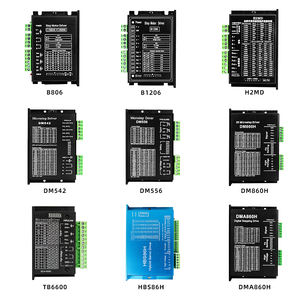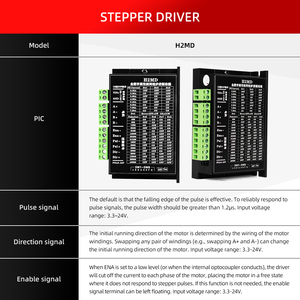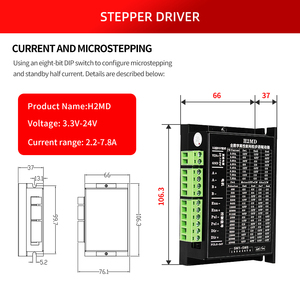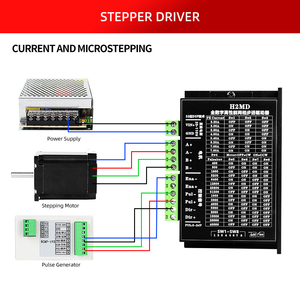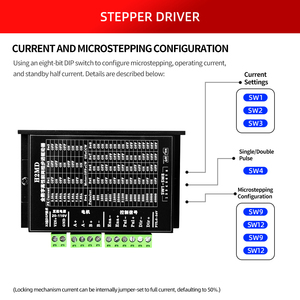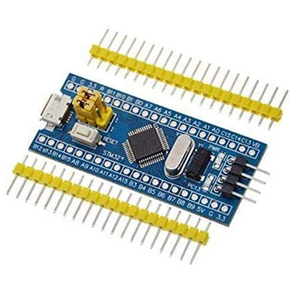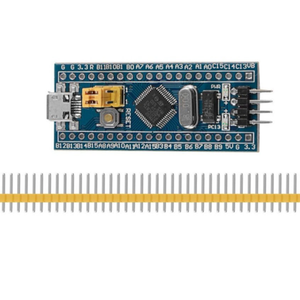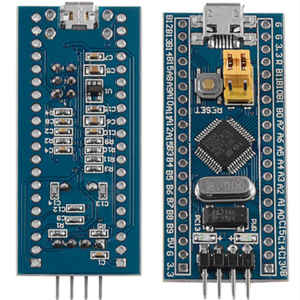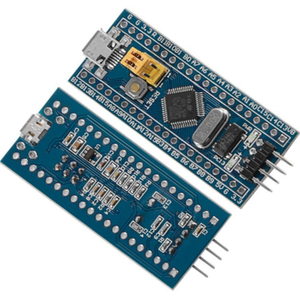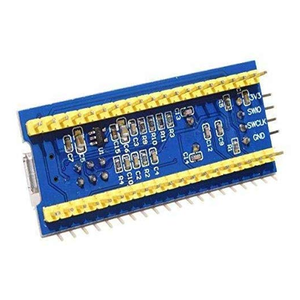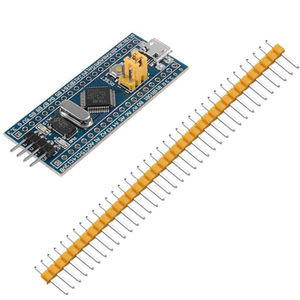Introduction to Motor Control Microcontrollers
Motor control microcontrollers are highly specialized devices designed to manage and regulate the operation of electric motors in various applications. They serve as the brain behind motor-driven systems, ensuring precise control over speed, torque, and position, ultimately enhancing performance and efficiency. With advancements in technology, these microcontrollers have become integral to industries ranging from manufacturing to robotics, enabling automation and streamlined processes.
Types of Motor Control Microcontrollers
Motor control microcontrollers come in several types, each tailored to meet specific needs and functionalities. Here’s a breakdown of the most common types:
- Stepper Motor Controllers: Designed for controlling stepper motors with high precision in position and speed.
- Brushless DC Motor Controllers: Optimized for brushless motors, these controllers increase efficiency and performance in applications like drones and robotics.
- AC Induction Motor Controllers: Ideal for controlling AC motors in industrial applications, focusing on robust performance and durability.
- Servo Motor Controllers: These are used for applications requiring precise control over angular position, often utilized in robotics.
Applications of Motor Control Microcontrollers
The versatility of motor control microcontrollers allows them to be implemented in a wide range of applications, making them indispensable in numerous fields:
- Manufacturing Automation: Used in conveyor systems, robotic arms, and automated guided vehicles to ensure efficient production.
- Consumer Electronics: Commonly found in appliances like washing machines and electric vehicles to control motors accurately.
- Robotics: Provide precise control for servos and stepper motors, critical in robotic motion and positioning.
- HVAC Systems: Regulate fans and pumps in heating, ventilation, and air conditioning systems for optimized performance.
Features and Advantages of Motor Control Microcontrollers
Motor control microcontrollers integrate a myriad of features that enhance their functionality, making them a preferred choice for many engineers and designers:
- High Precision: Offers accurate control over motor functions, eliminating inconsistencies in operation.
- Speed Modulation: Capable of regulating motor speed efficiently, allowing for smooth operation in variable load situations.
- Integrated Protection Features: Built-in mechanisms guard against overloads, overheating, and other faults, ensuring longevity.
- Communication Interfaces: Various microcontrollers offer compatibility with protocols such as CAN, I²C, or SPI for seamless integration with other systems.
- Energy Efficiency: Optimizes power consumption to reduce operational costs, crucial in industrial settings.










































